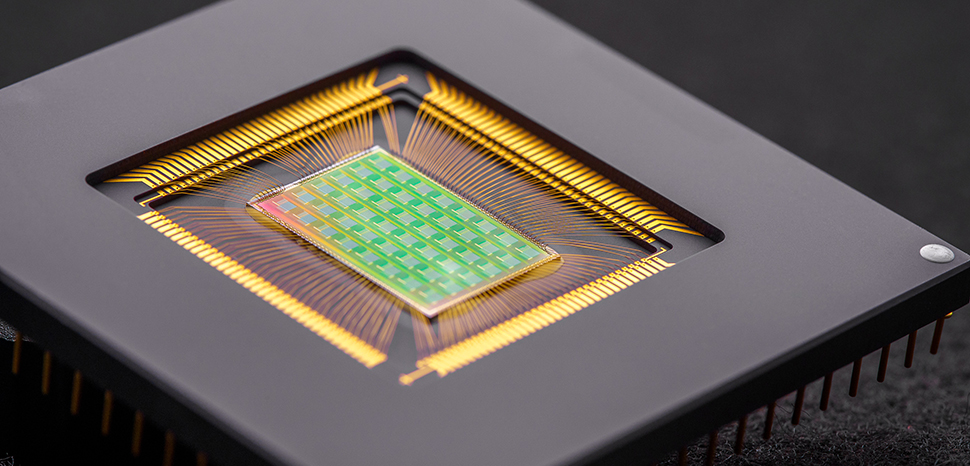SoftBank Corp. subsidiary Arm Holdings successfully made an IPO debut on the Nasdaq stock exchange on Sept. 14.
The Ticker previously reported that Arm sought a target valuation of $60-$70 billion, with investors raising concerns over the company’s reliance on an independent entity called “Arm China” and its fair market value of $40 billion.
Arm disclosed it would sell 95.5 million shares for $51 per share during the debut, setting the company’s valuation at $54 billion on a fully diluted basis.
Arm would open its debut with shares starting at $56 per share and closing at $63.59, amounting to a 25% increase in share prices, which translates to a valuation of $65 billion alongside paying its underwriters $104.6 million in fees.
“This was a deal that had a great company that is scaled and profitable and really ran a tremendous process of informing the buy side of all the growth drivers behind it, so I was not surprised that it has done well here,” Mark Roberts, managing director at The Blueshirt Group told Yahoo Finance. “And I think this a great first step to reopening what has been sort of an 18-month drought of IPOs in the US tech markets.”
While investors originally expected a stock surge when options contracts debuted on Sept. 18, put options were the most widely traded at 11,000 contracts. The day closed with Arm’s stock at $58.
Options contracts are agreements between parties to facilitate a transaction on securities at a preset price and date and are favorable because of their cost-efficiency and large upside potential.
Despite the IPO’s successful performance, investors had mixed feelings about whether this would be enough to revitalize the IPO market, sharing concern about the company’s business model.
“This IPO, though, is normal, goes up 10% maybe will end the day at 15%, but it’s not a big pop,” Duncan Davidson, partner at Bullpen Capital, said on an episode of CNBC’s The Exchange. “So I think we all are waiting for next week, Instacart and the other one [Klaviyo] to go public to really see if this is the tech now for VCs.”
Conditionally, after Arm’s IPO, Instacart raised its proposed price range for its IPO to $28-$30, amounting to a 7% increase, while Klaviyo is reportedly in talks with investors on raising prices for its IPO, according to Reuters.
Arm’s primary business model is licensing and charging royalties on its smartphone business. However, the company has been attempting to diversify its model through artificial intelligence and expanding its data center and automotive markets.
“This has been their challenge for 10 years: ‘How do we get growth in our traditional business and how do we build a second business?’” one former Arm executive told The Financial Times. “They never managed to find their second business, and the base business makes good profits, but they can’t find a way to grow it.”
Arm CEO Rene Haas cited that AI is being used in the clouds and data centers by significant tech companies using Arm products and that China is a primary driver in automotive and data centers. He concluded that Arm “is not a business you measure from quarter to quarter, you measure us over years and decades.”
“The headline is the IPO market is in the final phase of recovery,” Jim Cooney, head of equity capital markets at Bank of America, told The Financial Times. “There are five to seven important deals scheduled for 2023, but if the majority price and trade well, then you could see an acceleration of transactions waiting for next year to move into the fourth quarter.”








